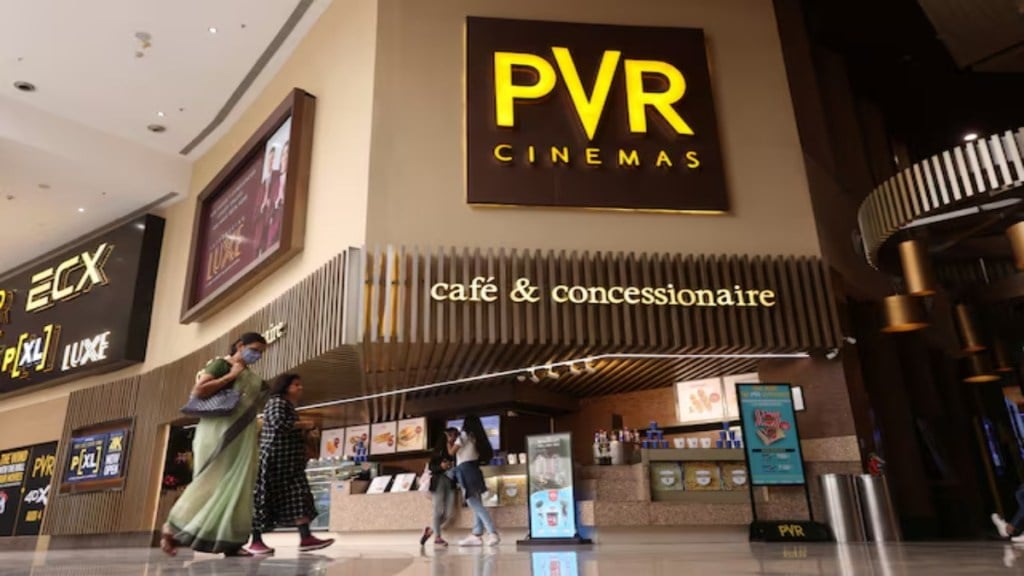The Karnataka High Court’s decision on Tuesday to stay the state government’s move to cap cinema ticket prices at `200 should be welcomed. The court expressed doubts about whether such a cap was “reasonable”, considering that the costs borne by movie theatres and film producers are likely to vary depending on where the film is exhibited. Most experts, rightly, saw the price cap as a political move and argued that what was really needed is dynamic pricing across formats and properties, allowing premium cinemas to charge higher rates while ensuring affordable access through low-cost theatres. Multiplexes will lose flexibility in their plans, premium screens will take a back seat, and eventually, consumers will lose choice. There is no doubt that the Karnataka government’s move went against the principle of laissez-faire or a free market which is necessary to ensure that businesses thrive. Unforeseen regulatory changes of this kind can seriously jeopardise a company, putting at risk precious capital invested by the promoters and other investors as well as bank loans. Minority shareholders are also vulnerable to such actions.
Case against regulatory interference in pricing
The state government has said the step has been taken in public interest. But populist policies like loan waivers and free electricity must be eschewed. Companies must be left alone to run their operations without interference—that’s what economic freedom is all about. While multi-screen premium cinemas with fewer than 75 seats are exempt from the price cap, exhibitors had questioned the rationale for fixing prices at a point when audiences might be willing to pay more for a better experience. They have a point. Whether they are airline tickets or hotel rooms, pricing should be the prerogative of those in charge. Consumers have the choice—if they are willing to pay, the state should accept that.
It’s true that that there are instances of governments protecting citizens’ interests. Even a rich nation like Israel brought in the Popcorn Law. The law specifies that closed entertainment venues—movie theatres, sports arenas, and theatres—that sell food and drinks cannot prevent customers from bringing in their own. The Popcorn Law was passed as an amendment to the Consumer Protection Law and the objective was to help consumers. Legislators had argued that families, if they wished, should be allowed to carry food from home. They believed this would encourage owners to lower prices of refreshments.
Rising OTT viewership undermines need for price control
In India, however, the Supreme Court’s stance was completely different. Although a couple of state governments batted for consumers, arguing they should be allowed to carry food into the cinema halls, the apex court has ruled against this.
The point is that consumers anyway have other choices for their entertainment. Over-the-top (OTT) viewership is on the rise with the number of users having grown at 10% and estimated at about 601 million, according to Ormax Media. Paid subscriptions are nudging 150 million and with telcos bundling these services with their offerings, this could rise further.
The number of active users of connected TV (CTV) increased a sharp 87%, driven by the rise of smart TVs with the user base at around 129.2 million. This translates to an estimated 35 to 40 million CTV homes. Many a producer are now opting for a direct OTT release or a quick streaming after a theatre release. So there is no reason for the government to be the Big Brother and control ticket prices. It’s not the government’s job anyway.

